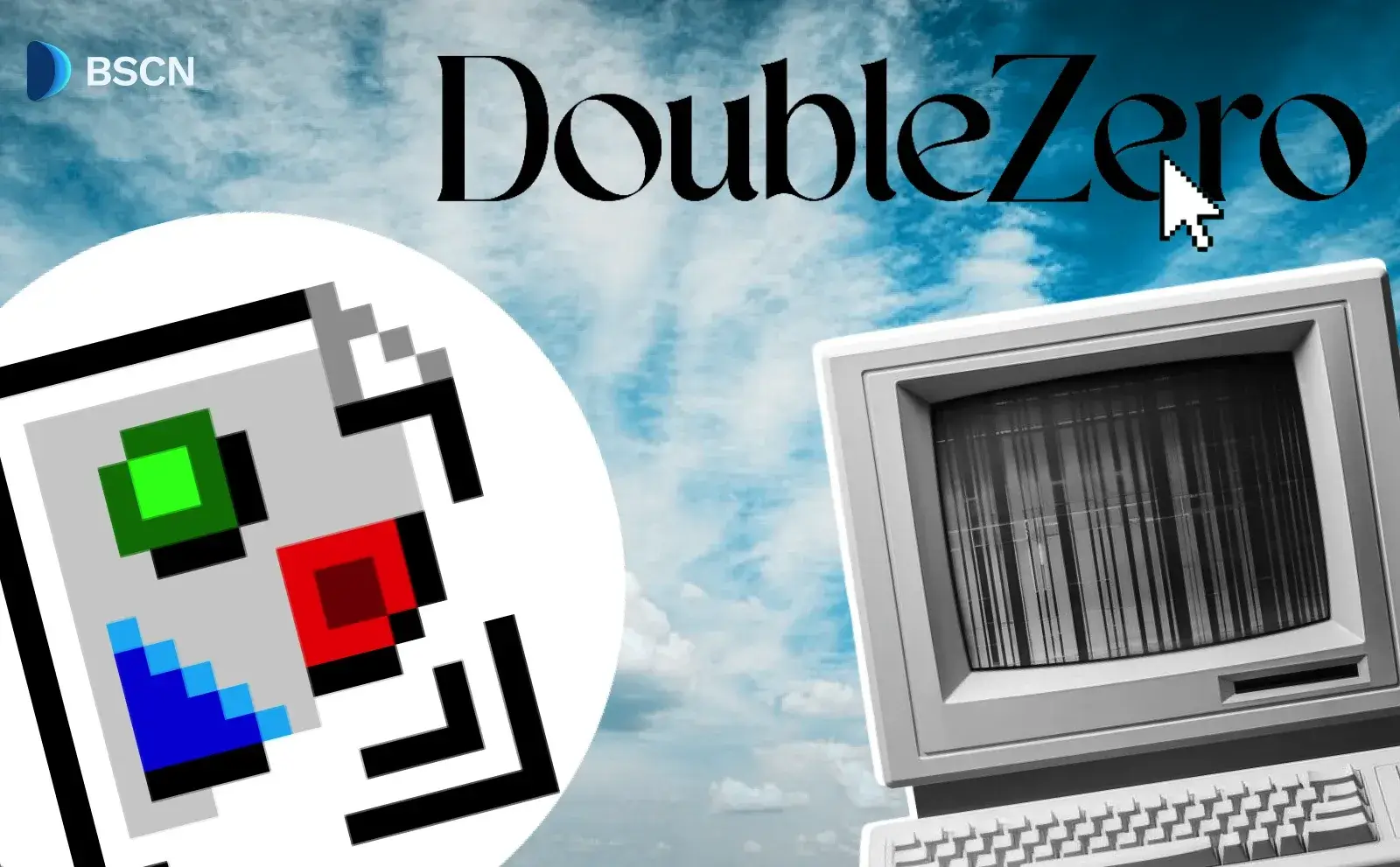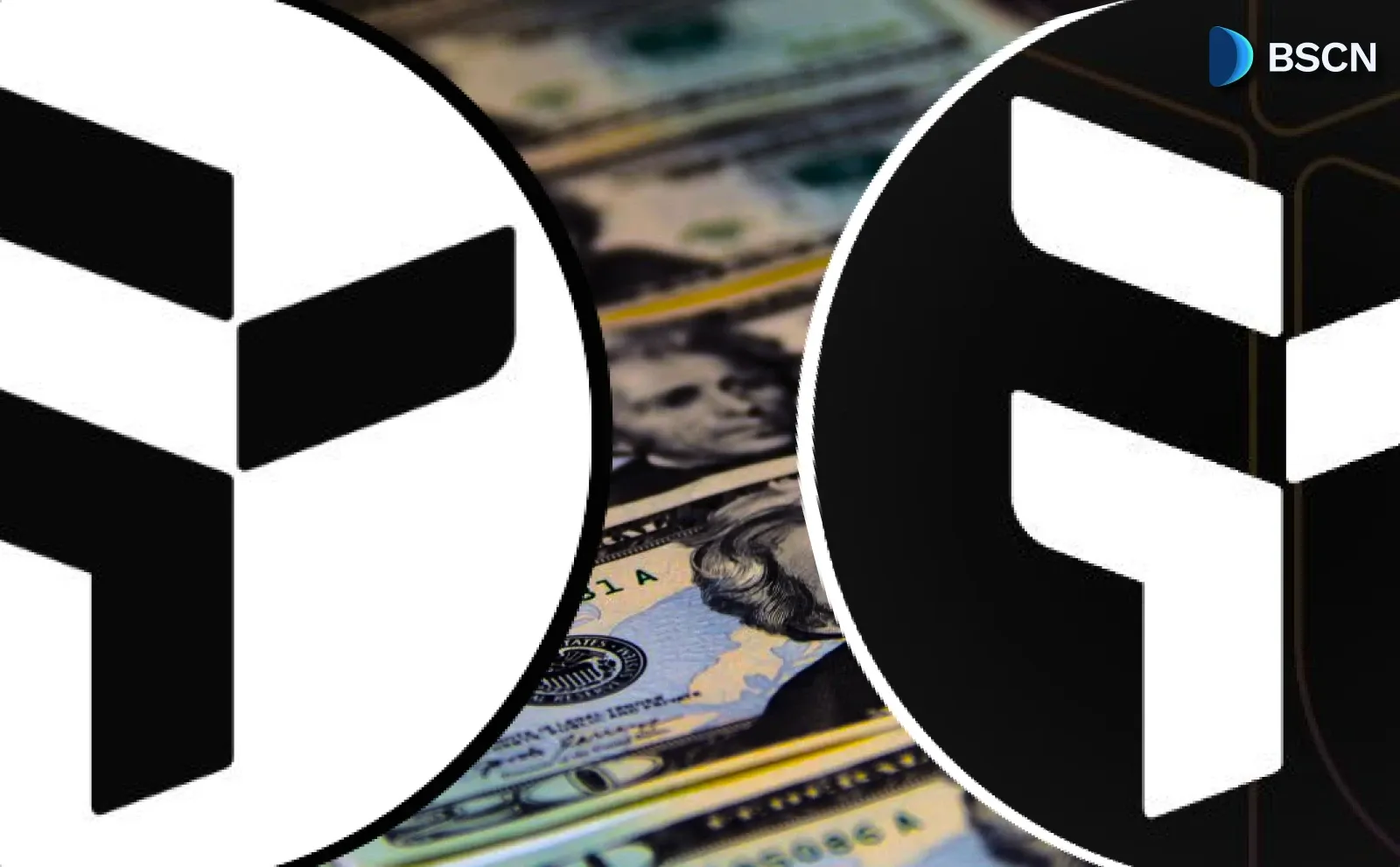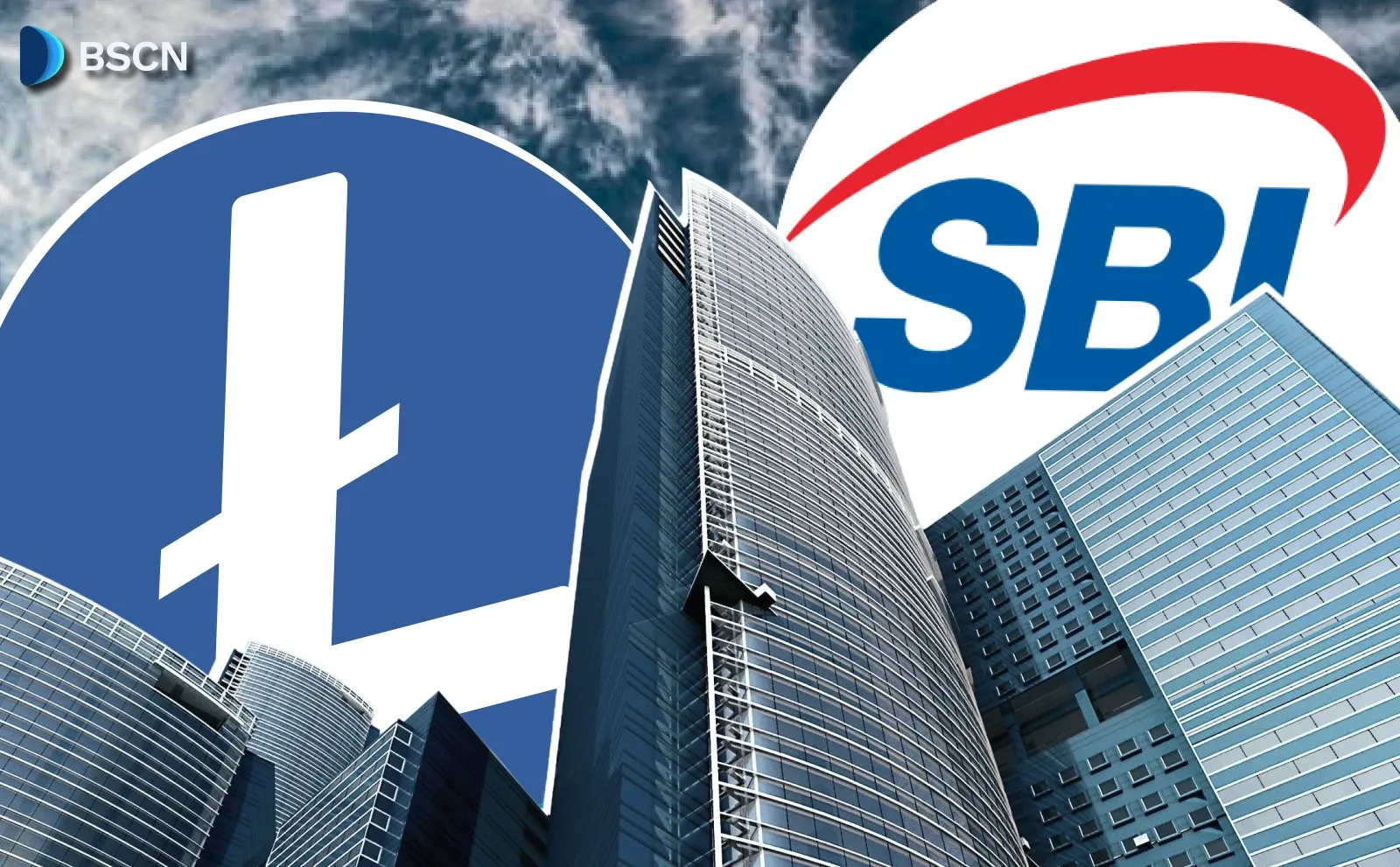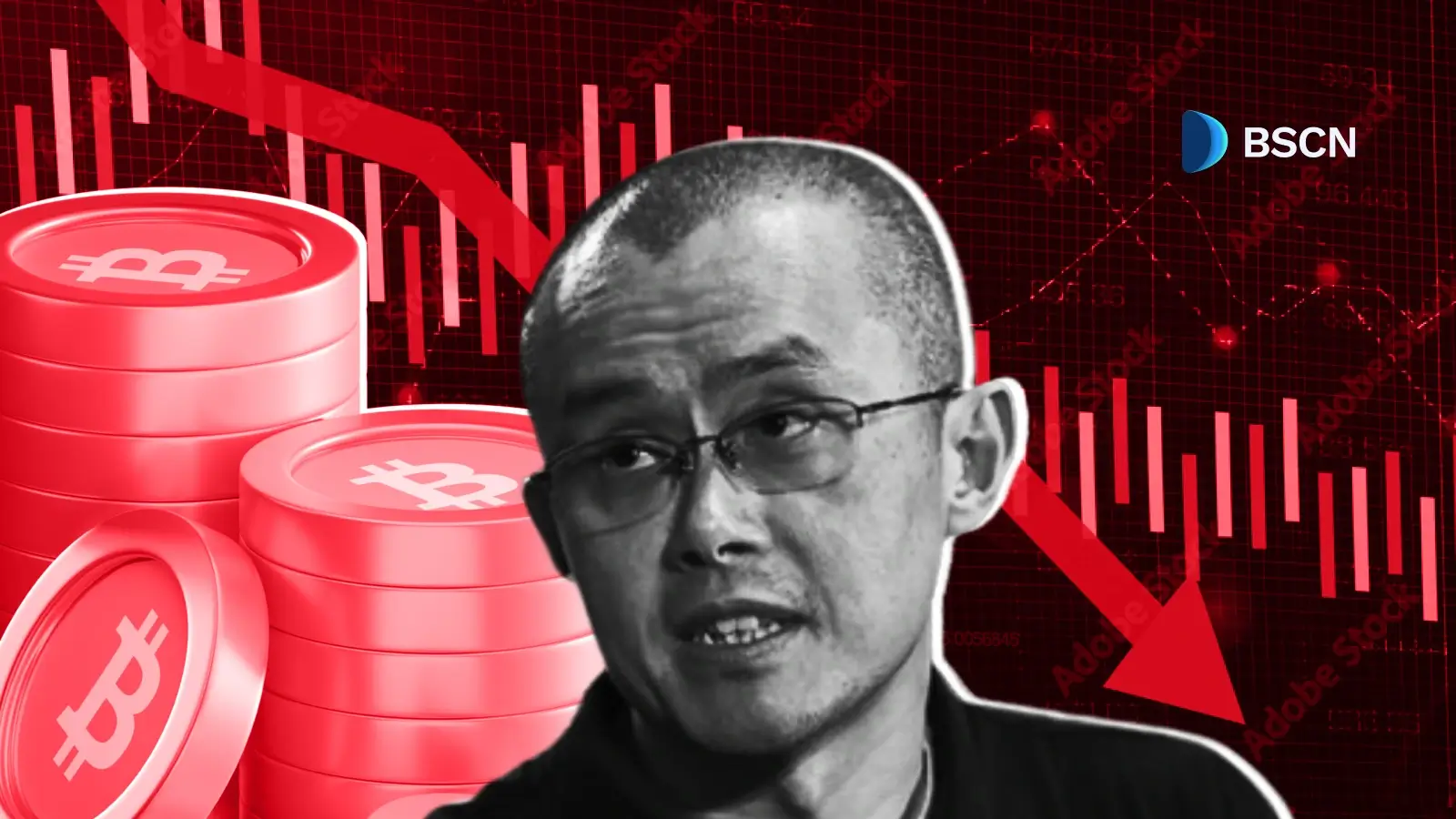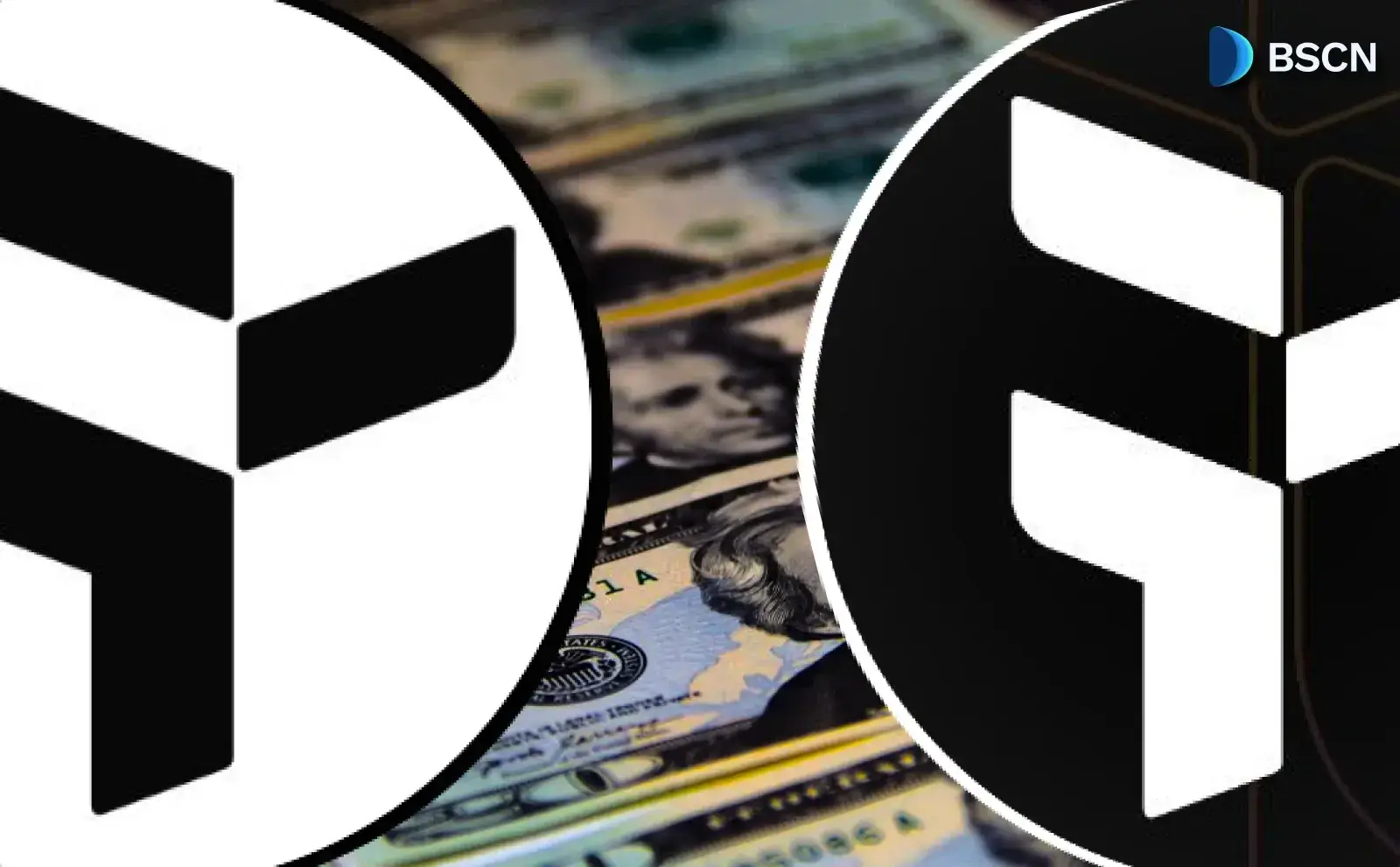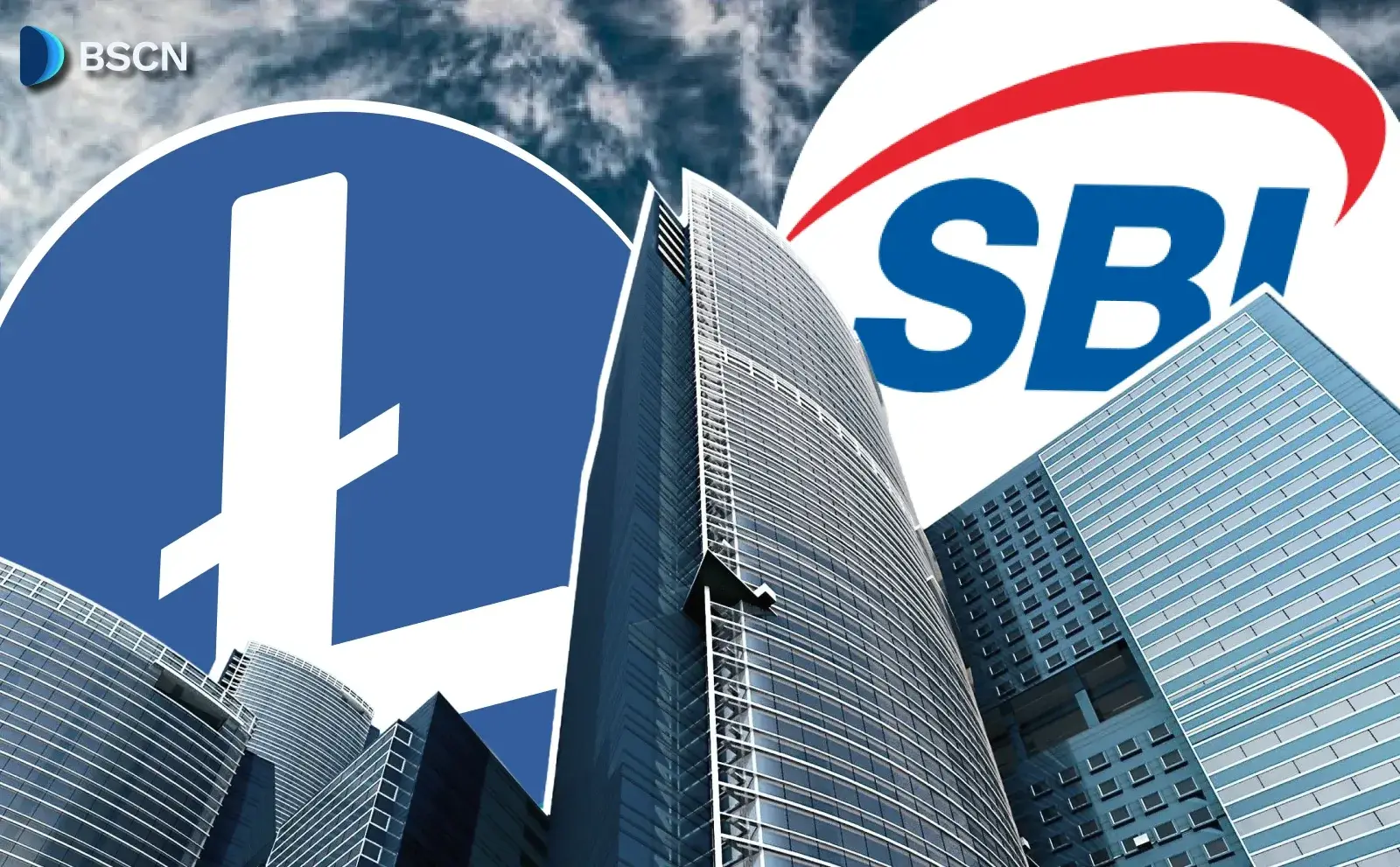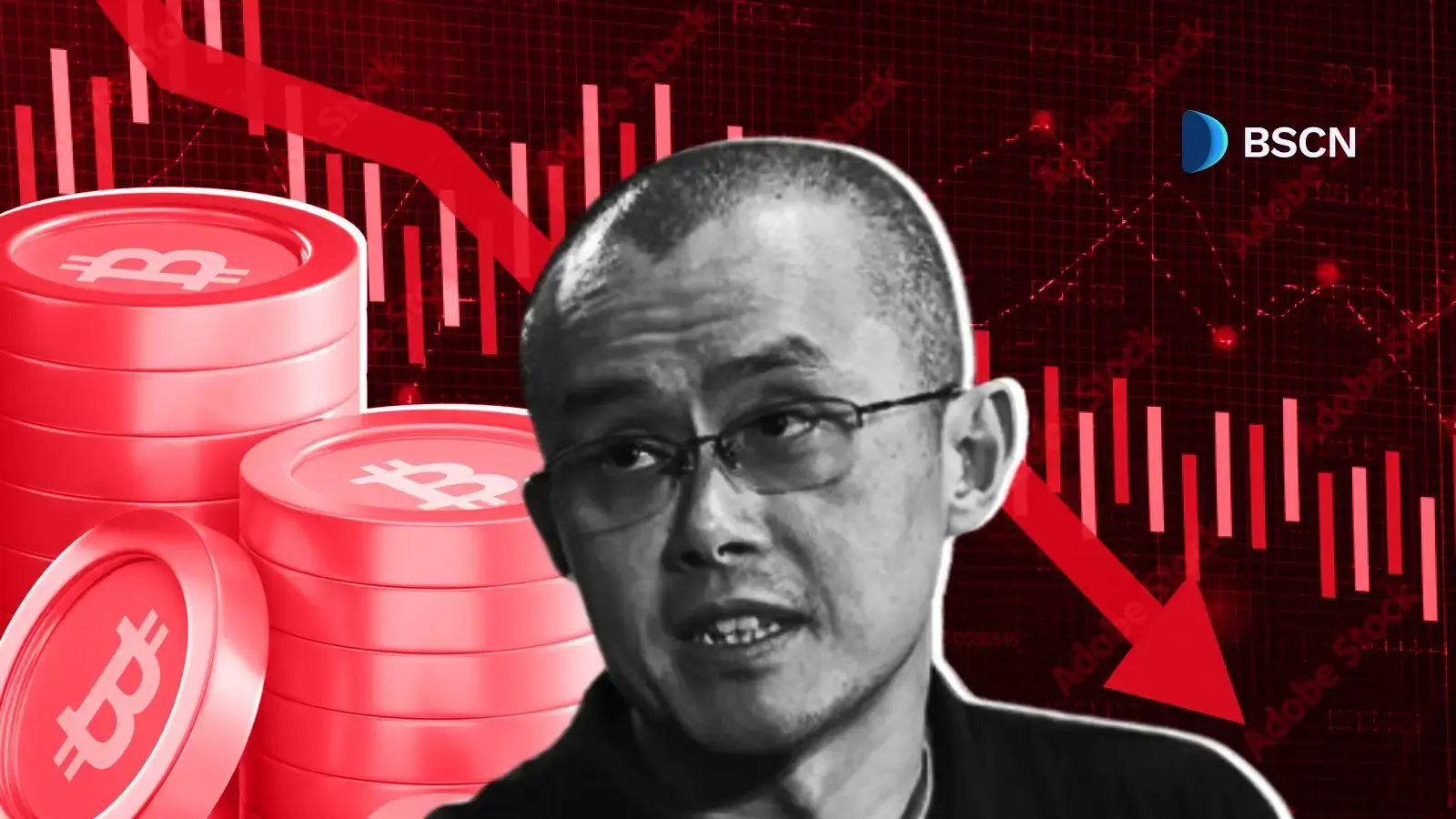What Are BNB Chain Validators: Basic Facts Explained

Here we give you the major ways that validators help support the BNB Chain, from adding and validating new blocks, to ensuring a reliable chain.
BSCN
December 6, 2022
Table of Contents
BNB Chain Validators Explained
BNB Chain Validators are important elements of BNB Chain, providing the key layer of security and reliability to the blockchain. They are responsible for validating transactions and blocks on BNB Chain, as well as providing consensus and trust to the network. BNB Chain Validators are expected to have technical and security expertise and must to provide high-quality services to the BNB Chain network.
BNB Chain currently has 21 active validators who operate with a Proof of Stake consensus. Below we will list some of the most important aspects to being a validator on BNB Chain.
- Becoming a Validator:
To become a validator, participants must stake BNB coins by deploying a certain amount of BNB onto the chain. Valdators range from Binance itself to other, smaller projects like Tranchess. The quantity of tokens staked determines the amount of rewards the staker receives and also indicates network commitment.
- Helping Add New Blocks:
Validators as a collective are responsible for adding new blocks to BNB Chain. The validators, as a group, validate all of the network’s transactions and add them to the blockchain. This creates a new block. Validators can also be called miners, users who mine, or compete, to create the next block and receive a reward.
- Validator Rewards:
Validators do receive a reward of BNB tokens for their efforts. In addition to these BNB token rewards, validators also receives transaction fees for validating transactions on the chain. Fees are collected and distributed to validators for every successful transaction that is added to the blockchain.
- Validating the Network:
Validators are responsible for validating transactions on the BNB Chain. They do this by verifying that all parties involved in a transaction have the correct digital signatures and that the transaction is valid. This process is done by verifying the cryptographic signatures of both parties, as well as ensuring that the amount of tokens being transferred is within the stated limits and that the transaction conditions are met.
- Governance
BNB Chain Validators must also be able to participate in the network’s governance, which includes voting on proposals and participating in network consensus decisions.
- Securing the Network
Most importantly, validators are also responsible for the overall security of BNB Chain. This is done by ensuring that all transactions are accurate, valid and that the blockchain remains tamper-proof. Validators continuously monitor the network for any suspicious activity and can even help to protect against 51% attacks.
BNB Chain Validators help to secure the network by running a full node and validating transactions and blocks. Full nodes provide blockchain consensus, trust, and transparency to the network by processing a reliable and secure node. These nodes are important for the network's overall security and decentralization of the blockchain.
What is BNB Chain:
Previously known as the Binance Smart Chain (BSC), BNB Chain is a community-driven, decentralized, and censorship-resistant blockchain that is powered by Binance. It consists of BNB Beacon Chain and BNB Smart Chain, EVM compatible and facilitating a multi-chain ecosystem. Through the concept of MetaFI, BNB Chain aims to build the infrastructure to power the world’s parallel virtual ecosystem.
Find more about BNB Chain here:
Website | Twitter | Discord | Telegram | GitHub |
Read Next...
Disclaimer
Disclaimer: The views expressed in this article do not necessarily represent the views of BSCN. The information provided in this article is for educational and entertainment purposes only and should not be construed as investment advice, or advice of any kind. BSCN assumes no responsibility for any investment decisions made based on the information provided in this article. If you believe that the article should be amended, please reach out to the BSCN team by emailing [email protected].
Author
 BSCN
BSCNBSCN's dedicated writing team brings over 41 years of combined experience in cryptocurrency research and analysis. Our writers hold diverse academic qualifications spanning Physics, Mathematics, and Philosophy from leading institutions including Oxford and Cambridge. While united by their passion for cryptocurrency and blockchain technology, the team's professional backgrounds are equally diverse, including former venture capital investors, startup founders, and active traders.
Crypto Project & Token Reviews
Project & Token Reviews
Comprehensive reviews of crypto's most interesting projects and assets
Learn about the hottest projects & tokens
Latest Crypto News
Get up to date with the latest crypto news stories and events



